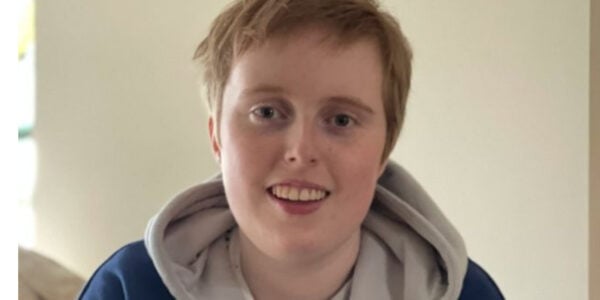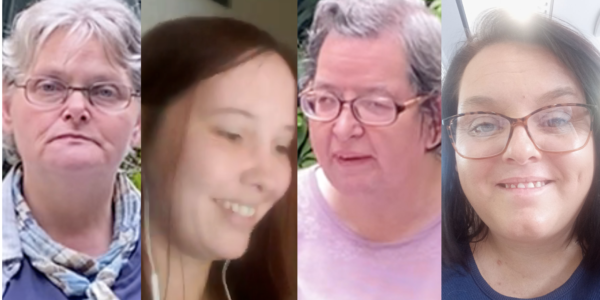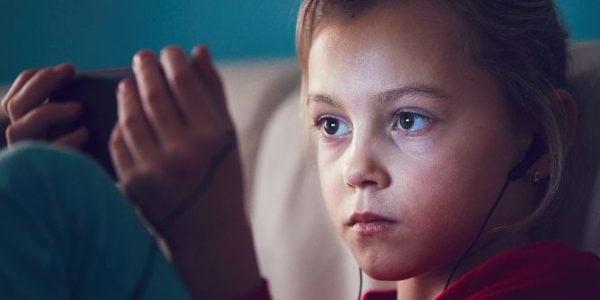A new research review will examine children’s family contact post-separation and its impact on their well-being and development.
Encompassing contact with birth parents, siblings and other relatives the review will help build understanding of how family courts in England and Wales – in the domain of public law – can make evidence-informed decisions about contact arrangements in children’s best interests.
The new rapid evidence review of UK and international literature on the impact of parent and extended family contact on children has been commissioned by Nuffield Family Justice Observatory. The review will be delivered in mid-2020 by NatCen Social Research and the University of Sussex.
The review will look at children from birth to 18 years old who have been separated from their birth parents following family court proceedings, or who have entered care on a voluntary basis, and will consider all aspects of their well-being and development into adulthood.
Managing contact between children and family members after a child is removed from their birth parents into adoption, foster care, special guardianship or residential care can be complex. There is a need to support professionals in making decisions informed by evidence about what is in the best interests of children, through childhood and beyond. Decision-making must also evolve alongside societal changes; for example, the increasing recognition of the importance of supporting children to understand their history and identity, and the implications for contact arrangements of social media.
The aim of the review is to ensure that court decision-making about children’s ongoing contact with family members in public law cases is informed by the latest international research evidence about the impact on children’s well-being and development.
Lisa Harker, director of Nuffield Family Justice Observatory said:
“The value placed on maintaining contact with kin has been hotly debated over many years, but the evidence base is growing. This body of research highlights issues such as the importance of sibling relationships, how children’s needs and attitudes towards contact change over the course of their childhood, the power of identity and belonging to overall well-being, and how contact arrangements are managed in other countries. The rapid evidence review will enable us to flag what we don’t know, as well as what we do. Our hope is that it provides an informed starting point for considering how contact arrangements might need to evolve in the future.”
Professor Janet Boddy, professor of Child, Youth and Family Studies in the School of Education and Social Work, University of Sussex said:
“We welcome the opportunity to conduct this important work for Nuffield Family Justice Observatory. Children and young people in care have complex family lives, but they are also very diverse – in their characteristics, their relationships with family, and their experiences of care and placement arrangements. Our review will take account of that diversity – for example, considering factors such as the stability and length of care arrangements, whether children are fostered or in residential care, and relationships with different family members. We will examine what can be learned from adoption research, and will also consider timescales for understanding the best interests of the child, recognising that connections with family continue into adult lives and shape child and adult identities. Our aim is to help professionals make complex and differentiated decisions about contact arrangements, by providing a nuanced and accessible overview of key research evidence about the impact of family contact.”
Dr Fatima Husain, deputy director of the Children and Families team, NatCen said:
“Nuffield Family Justice Observatory is playing a critical role in bringing together evidence on children in the family justice system and we are delighted to be supporting this strategic aim. Our rigorous approach to the rapid evidence review will provide timely information on the complexity of care arrangements. The evidence review will help Nuffield FJO make decisions about future research, and will be an important step towards putting child well-being outcomes at the heart of care arrangements.”
The members of the advisory group which will help to steer the project will be:
- Professor Stephanie Taplin, Australian Catholic University, Australia
- Dr Robin Sen, University of Sheffield
- Professor Beth Neil, University of East Anglia
- Professor Daniel Monk, Birkbeck, University of London
- Professor Julie Selwyn, Rees Centre, University of Oxford
- Profressor Ingunn Ellingsen, University of Stavanger, Norway
The expert peer reviewers of the study will be:
- Professor Elaine Farmer, University of Bristol
- Professor Gillian Schofield, University of East Anglia
- Professor Harriet Ward, University of Oxford
- Susannah Bowyer, Research in Practice
Nuffield Family Justice Observatory will also be announcing a feasibility study into potential digital systems for managing contact in 2020 as part of the same project.










